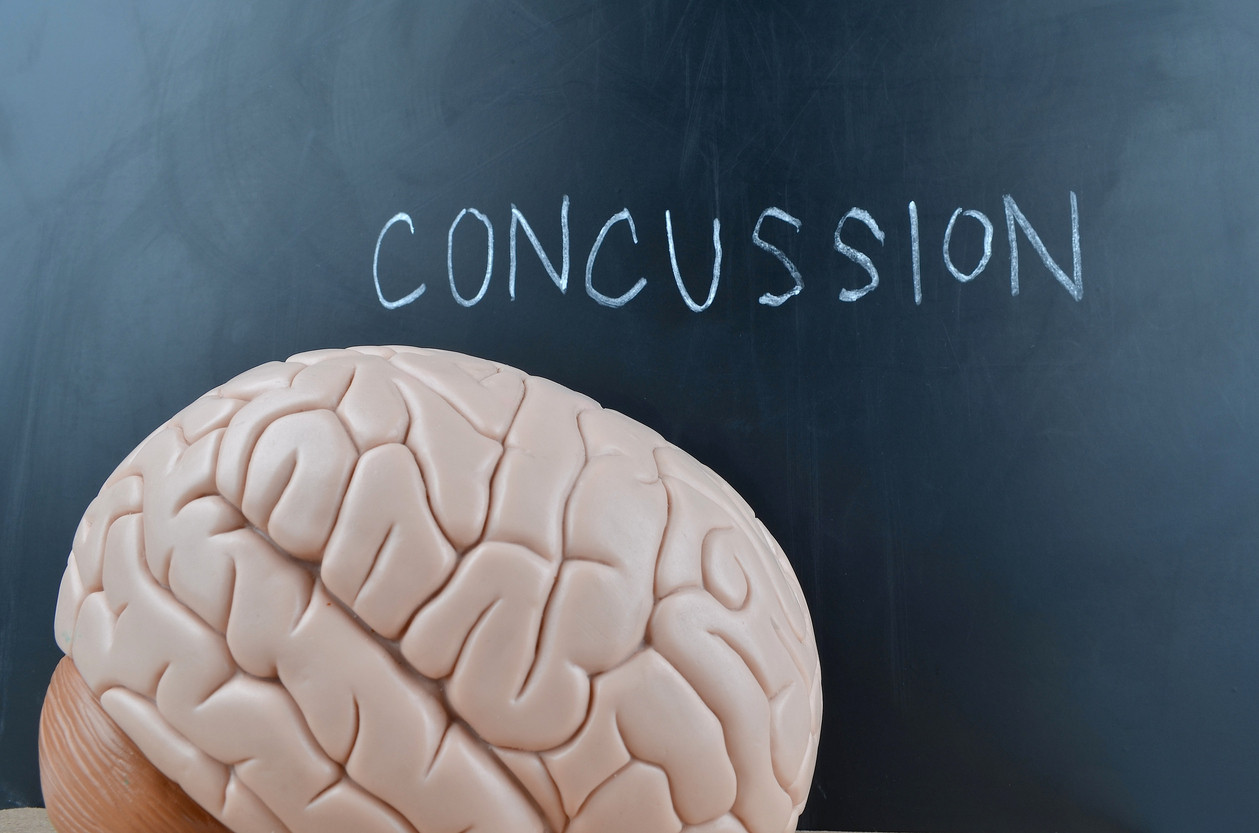Concussions Archive
Articles
What is POTS — and what triggers it?
Postural orthostatic tachycardia syndrome (POTS) is a condition characterized by lightheadedness or dizziness when standing and a racing heart. The underlying cause is not known, although it sometimes follows bedrest after injury or illness. Recently, POTS has been diagnosed in some people who have had COVID-19.
Intimate partner violence and traumatic brain injury: An invisible public health epidemic
While post-concussive symptoms are common in women who have experienced intimate partner violence, many women hide their symptoms and little research has been done, meaning the long-term health risks of millions of women are unknown.
Concussion care for children and teens: What parents need to know
Concussions are the most common type of traumatic brain injury. It's important to do all that we can to prevent concussions in children and teens –– especially those who play contact sports –– and make sure they get the right treatment when a concussion occurs.
Can ALS be caused by traumatic brain injury?
Though decades of research have suggested risk factors for amyotrophic lateral sclerosis, a specific cause remains unknown. New research studied professional football players and found that they had a much higher risk of developing ALS than men in the general population, though the study was only observational.
When lockdown is not actually safer: Intimate partner violence during COVID-19
For women living with abusive partners, the COVID-19 pandemic has made an already difficult and dangerous situation even worse. And even if a woman had been thinking about leaving an abusive situation or planning to leave, with current restrictions she may not be able to.
Is there really a blood test to diagnose concussion?
Can a blood test tell whether or not you have a concussion? It’s not quite that simple. There is a test that indicates the presence of substances released into the blood after a brain injury, but for now it is more useful for identifying situations when a CT scan is not necessary.
Intimate partner violence and traumatic brain injury: An “invisible” public health epidemic
While post-concussive symptoms are common in women who have experienced intimate partner violence, many women hide their symptoms and little research has been done, meaning the long-term health risks of millions of women are unknown.

Respiratory health harms often follow flooding: Taking these steps can help

Tips to leverage neuroplasticity to maintain cognitive fitness as you age

Can white noise really help you sleep better?

Celiac disease: Exploring four myths

What is prostatitis and how is it treated?

What is Cushing syndrome?

Exercises to relieve joint pain

Think your child has ADHD? What your pediatrician can do

Foam roller: Could you benefit from this massage tool?

Stepping up activity if winter slowed you down
Free Healthbeat Signup
Get the latest in health news delivered to your inbox!
Sign Up








